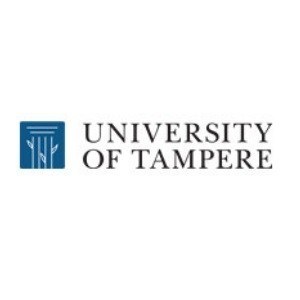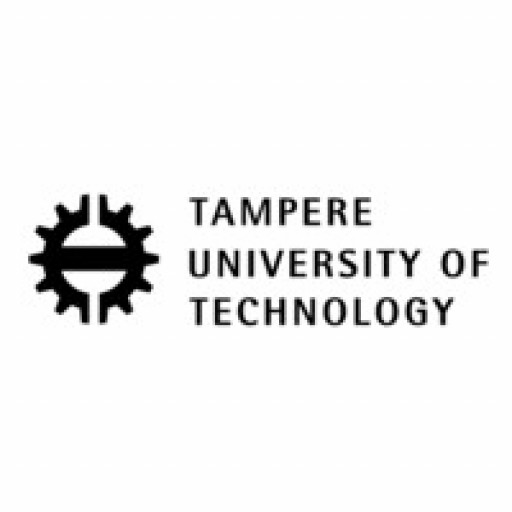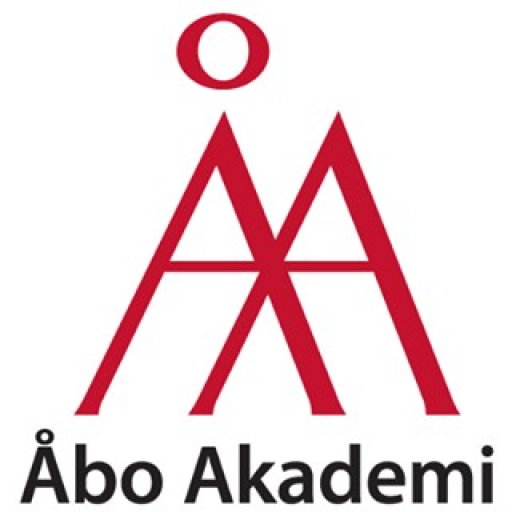Photos of university / #aaltouniversity
Overview: The Master's Programme in Information Networks at Aalto University offers students a comprehensive education in the design, implementation, and management of complex information networks. This multidisciplinary programme prepares graduates to address the challenges of an increasingly interconnected world by providing them with advanced knowledge in networking technologies, data communication, cybersecurity, and network management. The curriculum combines theoretical foundations with practical applications, enabling students to develop innovative solutions for modern communication systems, Internet architectures, and cloud-based networks. Through coursework, laboratory work, and industry collaborations, students acquire hands-on experience in deploying and securing network infrastructures. The programme also emphasizes research-driven learning, encouraging students to explore emerging trends such as 5G networks, Internet of Things (IoT), and network virtualization. Graduates of this programme are well-equipped for careers in telecommunications, information technology, or research and development in both private and public sectors. They can work as network engineers, system architects, cybersecurity specialists, or researchers, contributing to the advancement of global communication networks. The Master's in Information Networks fosters critical thinking, problem-solving skills, and the ability to work effectively in multidisciplinary teams. It is suitable for students with a background in electrical engineering, computer science, or related fields who are eager to deepen their understanding of modern information networks. Graduates are also prepared to pursue doctoral studies, contributing to academic advancements in network technologies. Aalto University's programme emphasizes sustainability and responsible innovation, ensuring students are aware of the societal impacts and ethical considerations related to network development. The flexible study structure allows students to tailor their educational journey according to their interests and career goals, providing opportunities for specialization and interdisciplinary integration. With access to cutting-edge laboratories and collaborations with industry leaders, students gain valuable insights into real-world applications of network technologies. The programme is delivered in English and attracts both Finnish and international students dedicated to shaping the future of digital communication and connectivity. Upon completion, graduates will possess the technical expertise, innovative mindset, and professional competence necessary to thrive in the rapidly evolving field of information networks. This programme is a step towards building a more connected, secure, and intelligent digital future.
Studies in Master’s Programme in Information Networks combine courses in computer science, media technology, industrial management and business with a human-centered approach. The programme encourages the students to construct their personal study plan in a multi-disciplinary way by offering well-structured study entities of the programme’s core substance areas. You can focus on one substance area, or choose to build a broader multidisciplinary combination of competences. The four focus areas, tracks, in the Information Networks major are: ICT in Business, Knowledge and Business Networks, Media, and User-Centered Design.
Master of Science (Technology), 120 ECTS, degree structure consists of a major (either long or compact), a Master’s thesis, and elective studies. A compact major is always supplemented with a minor.
Recent Master’s thesis topics of Information Networks students e.g. Differences between observations and interviews in creating use cases for usability inspection; User research in commercialization – why and how; Persona creation based on secondary data: a study on perceived reliability in UX design; Customer value creation and value capture in digitally enhanced industrial services; Mobile interface design for evoking motivation: design implications from self-determination theory and motivational interviewing; and The role of user-centred design in startup-companies’ business and product development.
Applicants with an appropriate degree from a university or a university of applied sciences may apply directly to a master’s programme in the field of science and technology at Aalto University. Admissions are organized once a year and applications are accepted only during the application period.
Applicants are eligible to apply for a master-level studies in the field of science and technology if they have completed:
- A 3–4 year bachelor’s degree from a university or the equivalent education. The degree must entitle the graduate to apply for university-level master’s degree studies in the country in question.
- A polytechnic degree (Finnish university of applied sciences, ammattikorkeakoulu).
- A polytechnic degree in an EU country if the degree entitles the graduate to apply for university-level master’s degree studies in the country in question.
The university has to fulfill the following criteria:
- The university must be an official and recognized part of the national education system.
- The university has to be found on an official list or in an international handbook that is completed by some international organization (e.g. UNESCO).
The financing studies for the Information Networks master's degree program at Aalto University typically encompass a combination of tuition fees, scholarships, financial aid options, and possible part-time work opportunities. International students are generally required to pay tuition fees, which vary depending on their country of residence. Aalto University offers a range of scholarships to highly qualified students, including full and partial scholarships, aimed at supporting students financially throughout their studies. These scholarships are awarded based on academic merit and typically do not require repayment. In addition to scholarships, students may explore government or private financial aid programs available in their home countries, which can provide supplementary funding or loans to support their education abroad. Part-time employment is also a common way for students to finance their studies, with the university and surrounding area offering numerous opportunities for student jobs. The university provides guidance and resources to help students find suitable employment during their studies. Furthermore, students are encouraged to plan their finances carefully, taking into account living expenses, insurance, and other personal costs associated with studying in Finland. The Finnish higher education system emphasizes equitable access, and various local and national grants may be available to students under specific conditions. Overall, financing the master’s studies in Information Networks involves a mix of personal funds, scholarships, potential employment, and financial aid options, with comprehensive support services provided by Aalto University to assist students in managing their expenses effectively throughout their academic journey.
The Master’s Degree Programme in Information Networks at Aalto University is designed to prepare students for a versatile and dynamic career in the field of information technology, focusing specifically on the development, management, and security of complex communication systems. This programme provides a comprehensive education in the fundamental principles of data transmission, network architecture, protocol design, and cyber security, equipping graduates with the skills necessary to innovate and lead in the rapidly evolving world of digital communications.
Students in this programme gain a strong foundation in both theoretical and practical aspects of network technologies. The curriculum covers core topics such as network design and implementation, wireless communication, network security, cloud computing, and software-defined networking. In addition, students are encouraged to develop skills in programming, system analysis, and problem-solving, which are essential for designing robust and efficient networks.
The programme incorporates a mix of lectures, laboratory exercises, projects, and internships, fostering a hands-on learning environment that prepares students for real-world challenges. Collaboration with industry partners and research projects are integral parts of the education, providing students with valuable networking opportunities and insight into current industry trends and future developments. The programme also emphasizes interdisciplinary collaboration, allowing students to explore related fields such as data science, artificial intelligence, and cyber-physical systems, which are increasingly relevant in modern network applications.
Graduates of the Information Networks programme are well-equipped to pursue careers in various sectors, including telecommunications, IT consulting, cyber security, cloud services, and research and development. They can work as network architects, security analysts, systems designers, or project managers. The skills acquired during the studies also create a solid foundation for doctoral studies or specialized research positions.
The programme is offered in English and typically has a duration of two years, culminating in a Master of Science (Technology) degree. It is part of Aalto University’s strong emphasis on innovation and sustainable development, aiming to produce professionals who can contribute to building better, more secure, and more efficient communication networks globally. Tuition fees, application requirements, and admission criteria are specified on the university’s official website, ensuring transparency and clarity for prospective students. Overall, the Master’s Degree Programme in Information Networks at Aalto University is a comprehensive and forward-looking educational path for students interested in mastering the technical and strategic aspects of modern communication networks.









